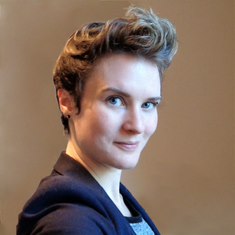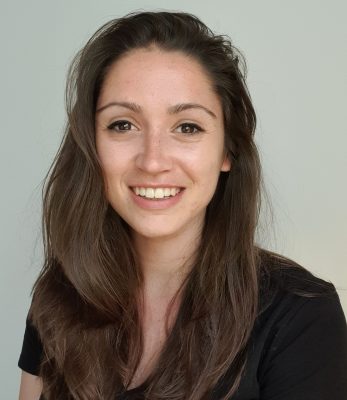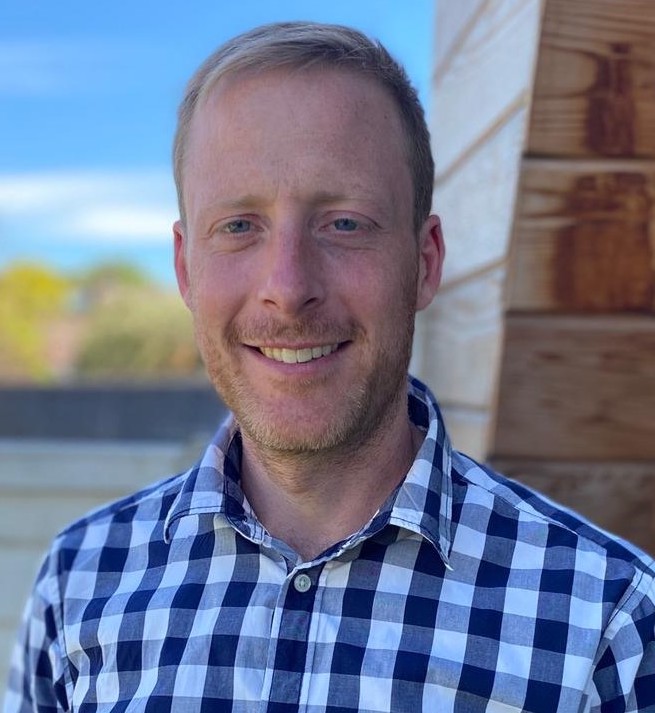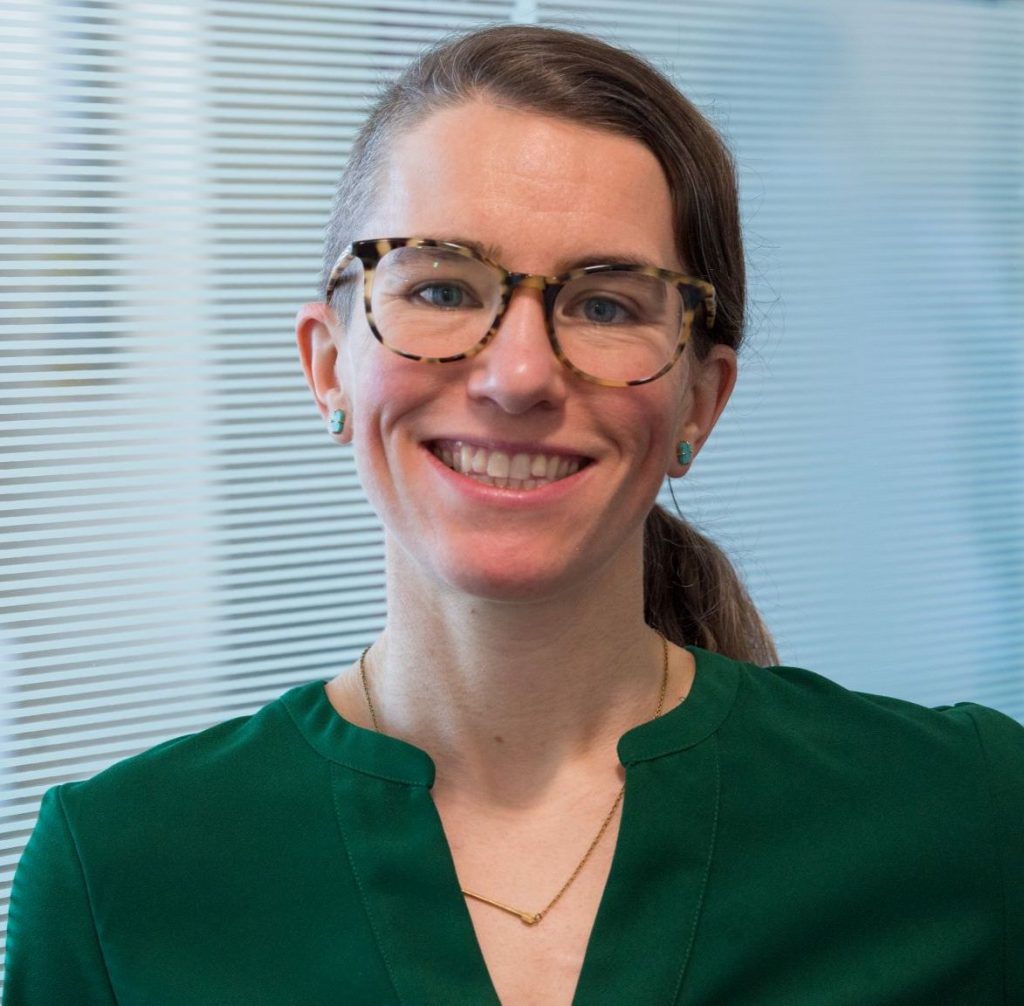When: 29 September 2021, 14:00 – 16:00 GMT
A joint virtual meeting between the Applied Catalysis Group (ACG) and UK Catalysis Hub based around the topics of high-throughput optimisation and data handling, scale-up of enzyme catalysis, photochemistry and kinetic studies for catalyst lifetime understanding.
Speakers include:

Nessa Carson, Syngenta
Data management: at the root of high-throughput experimentation
High-throughput experimentation (HTE) is an enabling technology that has had major effects on efficiency in small-molecule industrial chemistry, particularly suited to catalysis. Data management and curation can be – perhaps should be – a guiding strategy for building up advantageous HTE capabilities, with futureproofing for goals including machine learning for reaction optimization. Beyond HTE, rapid access to analytical and project data enables chemists in any industrial role to make faster and sometimes better decisions.
Biography
Nessa Carson started her career in the pharmaceutical industry after training in organic chemistry and catalysis. After working in small molecule synthesis for discovery chemistry at AMRI, she moved to run the high-throughput automation laboratory on behalf of Eli Lilly in the UK, before moving to Pfizer as a high-throughput automation chemist. She started at Syngenta one year ago, where she works on medium-throughput reaction optimization and data management.
Watch the talk below:

Rhiannon Jones, GSK
Problems with Biocatalytic Solutions
Biocatalysis offers access to highly desirable transformations using biologically-derived feedstocks. It is a key tool in the drive towards more sustainable manufacturing of pharmaceuticals. While advances in molecular biology and synthetic biochemistry have vastly expanded the range of enzymes available for use, challenges to implementation by process chemists remain. This talk will highlight common problems in the scale up of biocatalytic processes and strategies to overcome these.
Biography
After graduating from the University of Manchester, Rhiannon joined Chemical Development at GSK in September 2017. She has experience in both chemistry and synthetic biochemistry, and is now focussed on the development and implementation of biocatalytic processes for pharmaceutical intermediates.

David Sale, Group Leader, Physical Organic Chemistry, Process Studies Group, Syngenta
A Golden Age: Rapid Mechanistic Insights for Process Development
Precious group metal catalysis enable key transformations in industrial chemical manufacturing. However, due to increasing metal prices and sustainability considerations, there is an ever increasing need to optimise their application in industrial production. This presentation will detail the application of RPKA, VTNA and kinetic simulations to rapidly identify and understand catalyst deactivation behaviours to guide process development and optimisation.
Biography
David Sale obtained his PhD under the supervision of Prof. Guy Lloyd-Jones at the University of Bristol, then followed his interest in mechanistic studies of catalytic reactions with a postdoc position with Prof. Donna Blackmond at The Scripps Research Institute, San Diego California. In 2011, David returned to the UK to join the Process Studies Group at Syngenta as a process chemist, specialising in the application of physical organic chemistry to support process development and manufacture.
Watch the talk below:

Dani Schultz, Department of Process Research & Development – Discovery Process Chemistry, Merck
Utilizing high-throughput experimentation to catalyze diverse chemistry and collaborations within and outside of Merck
Current examples will be discussed that highlight how approaching catalysis through high-throughput experimentation (HTE) has addressed several synthetic challenges that have occurred during pharmaceutical development at Merck. Emphasis will be given towards recently published methodologies that focus on the direct functionalization of sp3 C-H bonds via decatungstate photocatalysis, PTC-catalyzed nucleophilic fluorination, and Ni-catalyzed C-H arylation. These methodologies were the result of strong academic-industrial collaborations that were ultimately enabled with HTE.
Biography
Dani Schultz received her PhD from the University of Michigan working with Professor John Wolfe and was an NIH postdoctoral fellow at the University of Wisconsin-Madison with Professor Tehshik Yoon. Since joining Merck in 2014, Dani has been a member of Process Chemistry and Enabling Technologies in Rahway, NJ and as of 2021 became the Director of the Discovery Process Chemistry group in Kenilworth, NJ. Throughout her time at Merck, Dani has been involved in the development of synthetic routes for drug candidates spanning HIV and oncology and has utilized HTE and photochemistry to address the synthetic challenges that occur during pharmaceutical development.
Watch the talk below:




